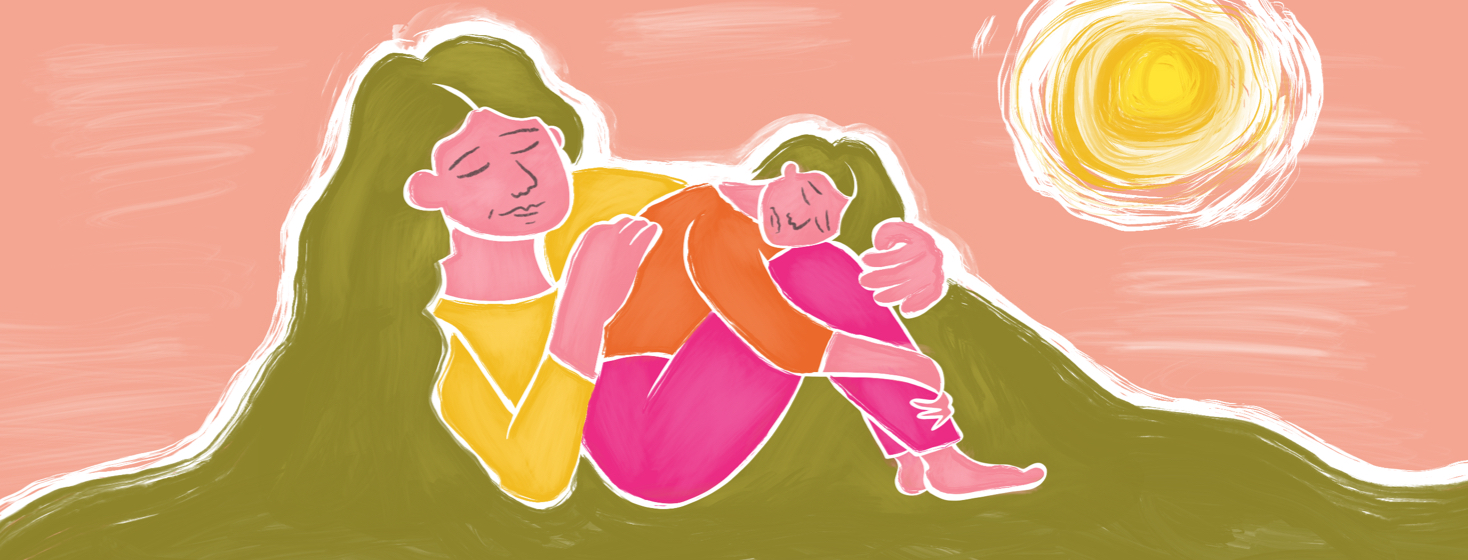Dealing with Another Person's Dermatitis
Everyone’s eczema experience is a bit different. I think it’s safe to assume most of us with atopic dermatitis understand this idea. However, I was truly unprepared for how much learning I would have to undertake to help my daughter with her own experiences with dermatitis.
What type of dermatitis affects my daughter?
My daughter has seborrheic dermatitis on her scalp. She has dealt with it since she was a baby. When the usual go-to solutions that worked for me failed, I felt overwhelmed. It became apparent quite early on that I was going to have to employ different tactics than I had used on myself.
Was her skin responsive to treatment?
When she was a baby, I found limited options for treating her scalp irritation. Things that worked for my scalp dermatitis (dandruff) were too harsh for baby skin. As a bit of a double whammy, she also has sensitive skin that reacts at the drop of a hat.
How is my skin in comparison?
My skin is a lot more tolerant of harsh ingredients and compounds than hers has ever been. Despite our differences, there seems to be a trend we are both following: the older we get, the more intense our dermatitis becomes.
What is her experience like?
Her experience of seborrheic dermatitis is different than my own. I have much finer hair than she does. So, many of the heavier oil treatments I had avoided worked well for her (and continue to work well).
Her hair needs a lot less cleansing and more conditioning than mine because of the differences in thickness. If I used the same regimen as her for my dandruff, I’d have a greasy mess in my hair!
What type of dermatitis do I have?
For her, seborrheic dermatitis causes the most problems. For me, it’s atopic dermatitis. Although I expect that might change and evolve for her as she grows up.
How was my atopic dermatitis growing up?
Puberty was a forgiving time for my dermatitis. I had minimal flare-ups and clear skin. As I entered my twenties, my skin only got angrier. I’ve been fighting both cystic acne and atopic dermatitis in varying degrees ever since.
How do I prepare her to care for her skin?
Rather than just throwing up my hands and hoping for the best, there are things I can do to help prepare her for whatever may come with her skin.
I have started to talk with her about the importance of having a good skincare routine. We have been making a point to incorporate taking time and care to wash and moisturize her skin at the end of the day.
I talk with her about how important things like hydration, diet, and sleep are for maintaining healthy skin. I model how I wash and moisturize my face so she can see how to do it too.
We talk about checking our skin for flare-ups, moles, and itchy patches so we can treat them. I want to instill a sense of accountability and mindfulness in my daughter regarding her skin.
How can my experience help her?
I know how trying skin can be even when you don’t have atopic or seborrheic dermatitis nipping at your heels (or, in this case, your head!) I still did struggle with some of the typical teenage skin woes even though my teen years were relatively dermatitis free.
All I can do is try to use my lived experience to help my daughter navigate the itchy waters of dermatitis, even if our experience isn’t identical. At least she knows she won’t have to go through it alone!

Join the conversation